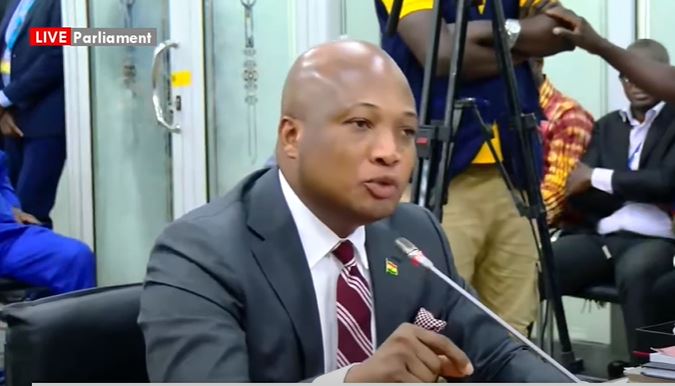ARTICLE AD
The Executive Director of the Institute for Democratic Governance (IDEG), Dr Emmanuel O. Akwetey, has called for a shift in the way Municipal Metropolitan District Chief Executives (MMDCEs) are selected, advocating for a system that empowers the electorate, rather than leaving the appointment process solely in the hands of the President.
During a panel discussion at the 76th Annual New Year School Conference (ANYSC) at the University of Ghana, Legon, he stressed the importance of MMDCEs being more accountable to the people they serve than to the President.
“The issue of accountability is crucial. If you look at the current system, MMDCEs are appointed by the President. What has happened is that MMDCEs feel more accountable to the President than to the electorate who have a say in their selection.”
Dr Akwetey argued that this lack of direct accountability to the electorate had led to several governance issues at the local government level, including a lack of respect for traditional leaders and impunity by some MMDCEs.
He pointed out that some of these leaders had demonstrated a lack of transparency in their work, which undermines public trust in the local government system. “They have run riot, there is impunity by some of the MMDCEs. In terms of accountability, we have not been there,” he added.
The Executive Director also highlighted the failure of many MMDCEs to adequately engage with their communities and provide essential services.
“If you look at the process, they are simply supposed to explain the workings of their meetings and plans to the people. These things are not done. Assemblies are supposed to hear from the public, and there should be hearings on their plans, but these are not happening.”
“In terms of accountability and transparency, the assemblies have not performed well,” Dr Akwetey explained.
He further noted that even basic services such as sanitation, which were essential for the well-being of local communities, had not been effectively promoted by the assemblies.
The lack of effective governance has led to many citizens distancing themselves from local assemblies, a problem Dr Akwetey believes could be resolved if MMDCEs were directly elected by the people.
“We need to bring the people back into the process,” he said, referring to the importance of restoring the electorate’s connection with their local government and empowering them to hold their leaders accountable.
Supporting the call for reforms, former dean of the University of Ghana Law School, Professor Kofi Quashiga, emphasised that any reforms to the local government system should align with the core values and principles of the constitution.
“We all agree that there must be reforms. However, when crafting these reforms, we must interpret them holistically in line with the constitutional values,” he said.
The proposed reforms he said must serve to improve the inherent values of the constitution, ensuring that people can fully participate in governance.
Local government expert, Professor Atsu Ayee, added his voice to the call for reform, stressing the need for MMDCEs to demonstrate their ability to be held accountable.
He argued that this would be a key step in strengthening local government and improving its effectiveness in addressing the needs of the people.
According to him MMDCEs should be able to show that they can be held accountable.
This he said would trigger broader reforms in the civil service and local government system.
By introducing direct elections for MMDCEs, he added that the government could strengthen local governance and improve service delivery, creating a system that truly serves the interests of the people.
In conclusion, the panellists agreed on the need for structural reforms to ensure that local government leaders, such as MMDCEs, were more accountable to the electorate.
BY RAISSA SAMBOU

 2 months ago
33
2 months ago
33 

